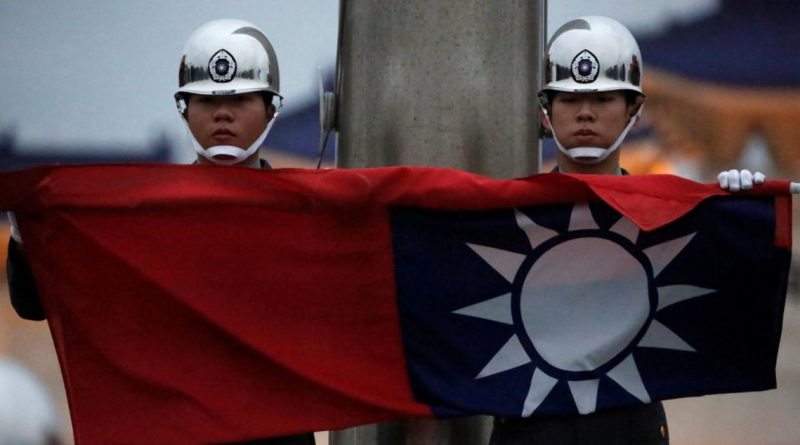Attack on Taiwan an option to stop independence, top China general says
Beijing (Reuters) – China will attack Taiwan if there is no other way of stopping it from becoming independent, one of the country’s most senior generals said on Friday, a rhetorical escalation between China and the democratically ruled island Beijing claims as its own.
Speaking at Beijing’s Great Hall of the People on the 15th anniversary of the Anti-Secession Law, Li Zuocheng, chief of the Joint Staff Department and member of the Central Military Commission, left the door open to using force.
The 2005 law gives the country the legal basis for military action against Taiwan if it secedes or seems about to.
“If the possibility for peaceful reunification is lost, the people’s armed forces will, with the whole nation, including the people of Taiwan, take all necessary steps to resolutely smash any separatist plots or actions,” Li said.
“We do not promise to abandon the use of force, and reserve the option to take all necessary measures, to stabilise and control the situation in the Taiwan Strait,” he added.
Li is one of China’s few senior officers with combat experience, having taken part in China’s ill-fated invasion of Vietnam in 1979.
Taiwan is China’s most sensitive territorial issue. Beijing says it is one of China’s provinces and an inalienable part of “one China”.
The island has shown no interest in being run by autocratic China, and has denounced China’s repeated military drills near the island and rejected China’s offer of a “one country, two systems” model of a high degree of autonomy.
China is deeply suspicious of Taiwan’s president, Tsai Ing-wen, whom it accuses of being a separatist bent on declaring formal independence. Tsai says Taiwan is already an independent country called the Republic of China, its official name.
Tsai and her Democratic Progressive Party won presidential and parliamentary elections by a landslide in January, vowing to stand up to Beijing.
The mood in Taiwan towards China has further soured since China’s parliament passed new national security legislation for Chinese-ruled Hong Kong on Thursday.



